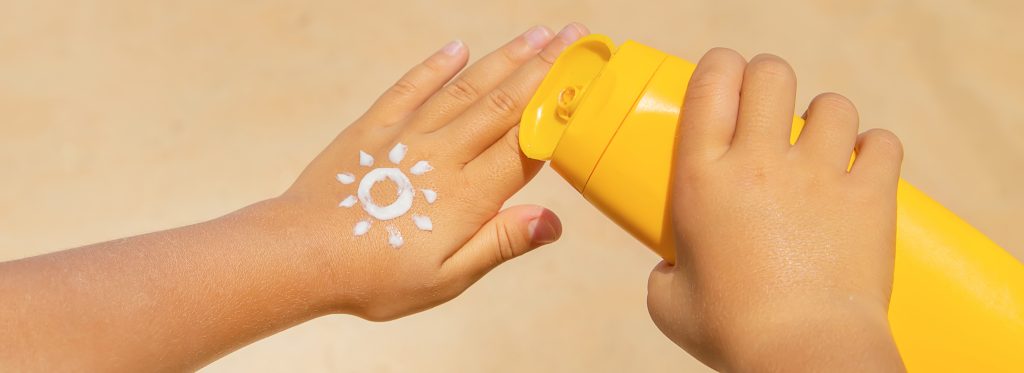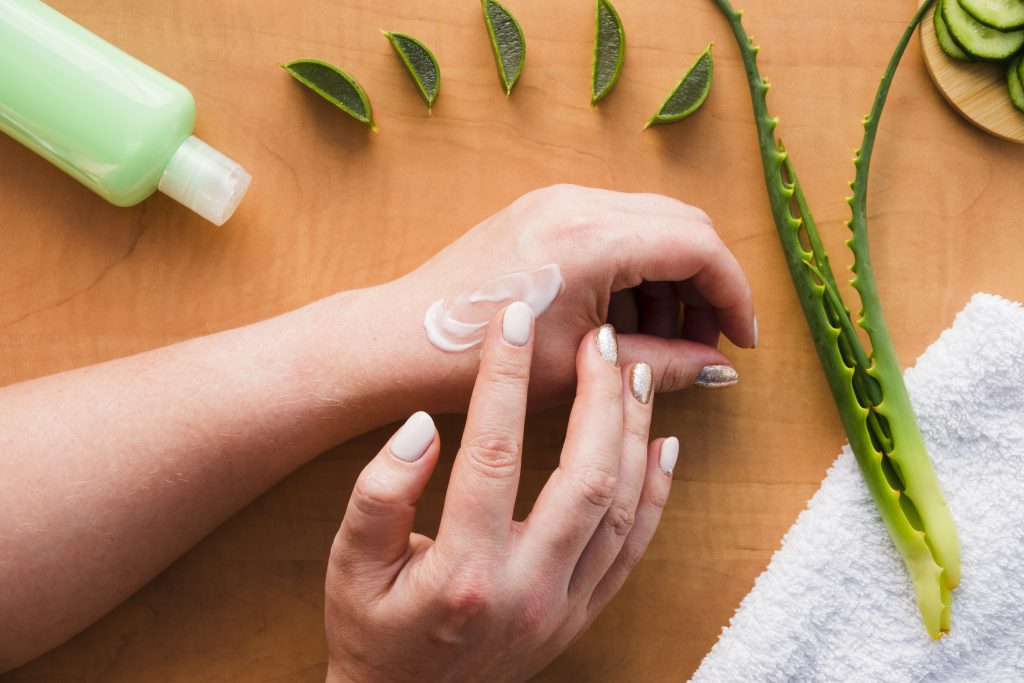- Have any questions?
- (+91) 02792 230240
- info@smcgh.edu.in

Improving women’s healthcare in rural areas
May 2, 2024
World Hypertension Day: Take care in the right way
May 17, 2024The season has changed, the warm summer breeze is here and so are new challenges for your skin care, allergies and overall health. For your overall health, there are some widely popular steps you can take to safeguard your health.
When it comes to allergies and skin care, there are some steps which are essential for you to know. Some of them are as follows,
- Avoid going out during peak heat
- Stay hydrated
- Use sunscreen
- Wear protective clothing
- Use insect repellent
- Use a dehumidifier (To prevent mould and dust mites)
- Wash hands frequently

Identifying Allergens in Summer
Identifying allergens during the summer months is crucial for managing allergy symptoms. Common allergens during this time include pollen from grasses and trees, as well as mould spores that thrive in warm and humid conditions.
Keeping track of local pollen and mould counts can help individuals identify when allergen levels are high and take appropriate precautions. Additionally, paying attention to weather conditions such as windy days can increase pollen dispersal, while rainy weather can lead to higher mould levels.
One effective way to identify allergens is through allergy testing, which can pinpoint specific triggers that may be causing allergic reactions. Skin tests and blood tests can help determine allergen sensitivities, allowing you to take targeted measures to reduce exposure.
Keeping a symptom diary can also be helpful, as it allows you to track symptoms alongside potential allergen exposures, helping to identify patterns and potential triggers. By identifying allergens, you can get better protection from allergies and enjoy a more comfortable and healthy summer.

Summer Skincare for Allergic Relief
Summer skincare is essential for allergy relief, especially when dealing with common summer allergens like pollen, dust, and UV rays.
The first step is to cleanse the skin thoroughly with a gentle, non-comedogenic cleanser to remove sweat, dirt, and allergens that can clog pores and cause irritation.
Moisturising is another key aspect of summer skincare, as hot temperatures and sun exposure can lead to dry, irritated skin. Opt for lightweight, oil-free moisturisers with SPF protection to hydrate the skin without clogging pores or causing breakouts.
Additionally, using soothing and cooling gels or creams containing ingredients like aloe vera can help calm inflamed skin and provide relief from itching and redness caused by allergies.
Regularly applying sunscreen with broad-spectrum protection is also vital to shield the skin from harmful UV rays and prevent sunburn, which can exacerbate allergy symptoms.

Managing Allergy Symptoms
Managing allergy symptoms in the summer can be challenging due to increased pollen levels and outdoor activities. One of the most effective ways to manage allergies is by identifying and avoiding triggers.
Keep track of pollen forecasts and try to stay indoors during peak pollen times. Additionally, keep windows and doors closed to prevent pollen from entering your home. Using air purifiers and regularly changing air filters can also help reduce indoor allergens.
It’s essential to practise good hygiene to manage allergy symptoms. Showering and changing clothes after spending time outdoors can remove pollen and other allergens from your skin and clothing.




